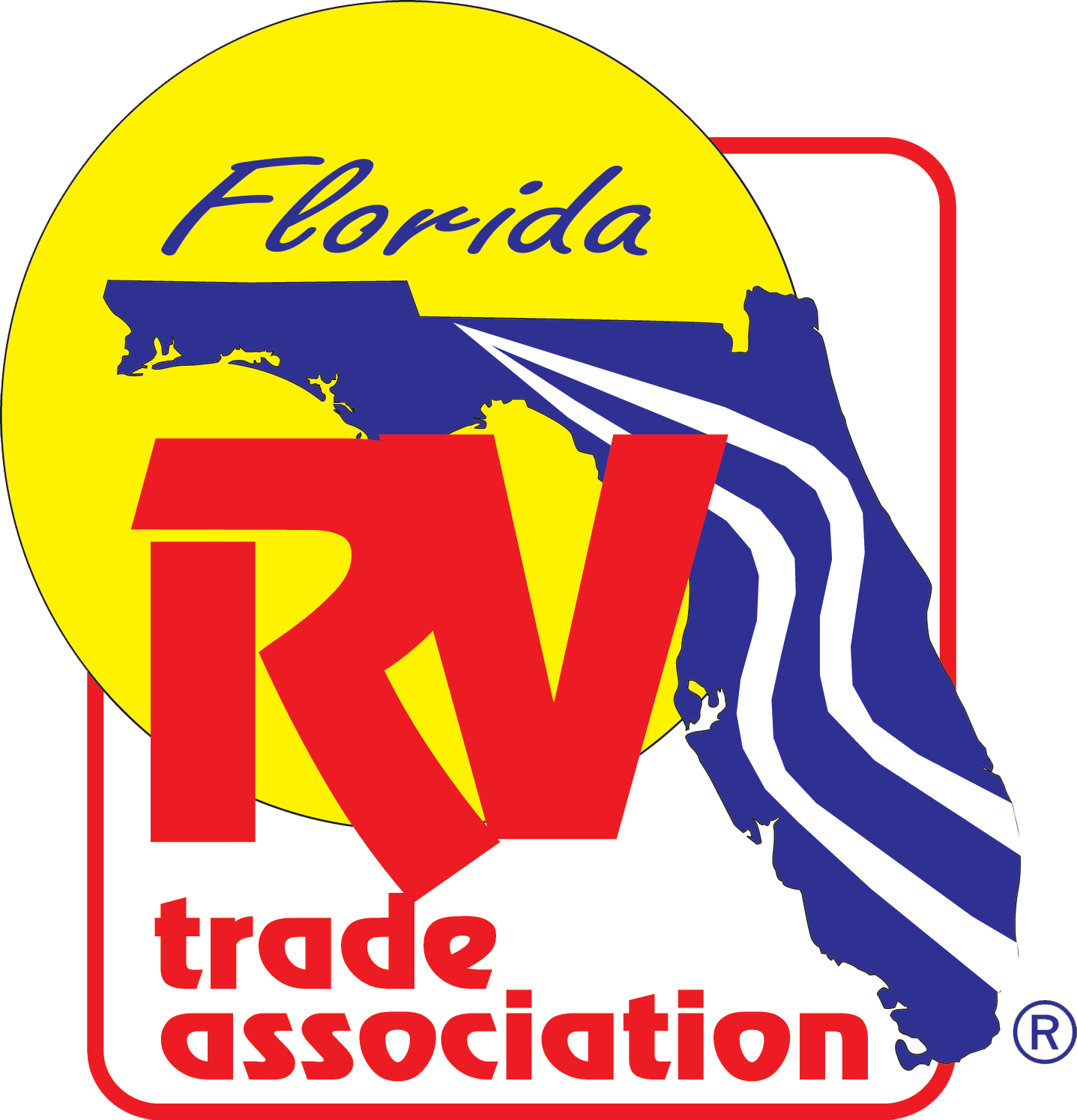When it comes to vehicle sales, power of attorney is a little more complex than just getting permission to act on someone’s behalf. There are only a few scenarios in which a dealer is permitted to use power of attorney, and each has its respective forms from DMS.
So when can you use it? The first scenario is if the vehicle you are selling is exempt from the Odometer Disclosure Requirements (because it’s a towable, the title shows its exempt because its 10+ model years old or over 16,000 pounds gross weight, or that you as the dealer will exempt it on the title for the same reasons). The other scenario is that you are taking the vehicle in on trade and the title is either with the lienholder, lost, or destroyed, therefore the customer will be appointing you, the deal as attorney-in-fact using Form HSMV 82995.
If by chance, none of the above scenarios apply and the customer doesn’t have the title at the point of purchase, they must appoint a third-party (who is not an employee of the dealership) to act on their behalf using Form HSMV 82053 which you are prohibited from signing on behalf of the customer on title.
So, let’s get down to the forms. The Florida Division of Motor Service provides two types of forms: Secured and Non-Secured Power of Attorney. You will use the Secure Form when you are accepting the vehicle in on trade and the title is lost or destroyed, electronic, or is being held by the lienholder.
If you are taking a vehicle in on trade and the title is with the lienholder, you will use the Secure Form to complete the Odometer Disclosure and title reassignment when the title is received by the dealership. When the title comes in, you or one of your employees (anyone who is authorized by the dealership) will use the information in Part A of the form on the bottom of the title. The same dealership representative will complete and sign Part C on the Secure Power of Attorney Form. The original POA must accompany the title when it is reassigned to another dealer or transferred to a retail customer. Also, remember that when signing in this capacity you will print the person’s name, followed by “by POA” and then sign your own name. You will never sign the person’s name.
What if during the time you are waiting for the title to come in from the lienholder, you have a customer who wants to buy the vehicle that was traded? Would you still be able to sell it legally? Yes! Federal law allows this because the odometer disclosure was made on a Secure Form by you and the seller, and the subsequent buyer is able to see the recorded odometer reading from the trade. In this scenario you and the customer would complete Part B of this form. However, once the title comes in, you and the customer would have to make the odometer disclosure and reassignment directly on the title because the POA form would not be authorized at that point.
Keep in mind that the information you added in Part B must be added to the title so you can transfer the title into your customer’s name. It will be added to the first reassignment of the back of the title.
When it comes to the Non-Secure Power of Attorney, that form would be used if the vehicle you are selling is exempt from the odometer disclosure requirements (has a gross weight over 16,000 pounds, is 10+ model years or older and is already exempt, or you will exempt it under the odometer rule on the title) which will allow the dealer to be named as the Attorney-in-fact. Or, if the vehicle is not exempt, the customer would be appointing a third-party person not employed by the dealership for the same purpose. If your customer is electing to appoint a third party, that person will need to come to the dealership in person to complete the reassignment on the title when it arrives. Also, if that third-party person is out of state, you will need to collect specific information found under Miscellaneous Section (M).
Whether you are using the Secured or Non-Secured forms, at no point can someone assigned as Attorney-in-fact then re-assign someone else to take that responsibility. Remember to always use the best practices when signing POA forms for your customers. Make copies to keep for your records and always cover your basis regarding customer identification and documenting the details around the sale.
Click here for the specific rules and an in-depth explanation for all matter related to the Power of Attorney as set forth by Florida’s Motor Vehicle Procedure Manual.
